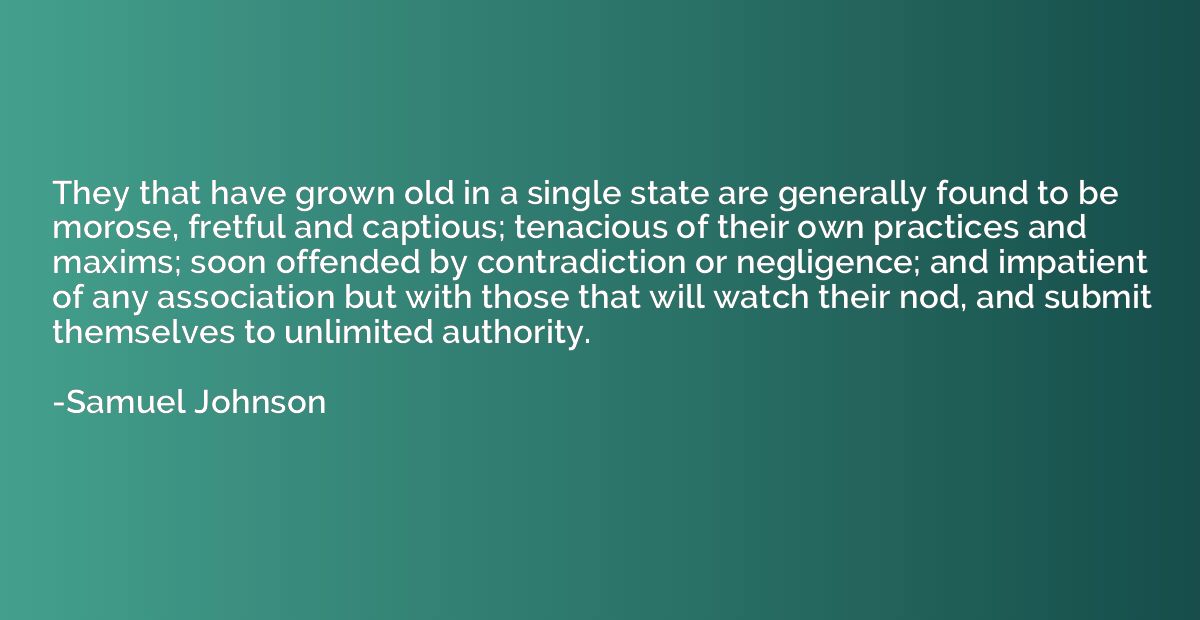Quote by Black Kettle
We want to take good tidings home to our people, that they may sleep in peace.

Summary
This quote emphasizes the desire to bring positive news and peace back to one's community. It suggests a deep concern for the well-being and tranquility of the people. The speaker aims to provide reassurance and comfort, creating a sense of security so that individuals can rest peacefully. Importantly, the quote recognizes the significance of conveying uplifting information for the collective welfare of the community.
Topics
Peace
By Black Kettle














